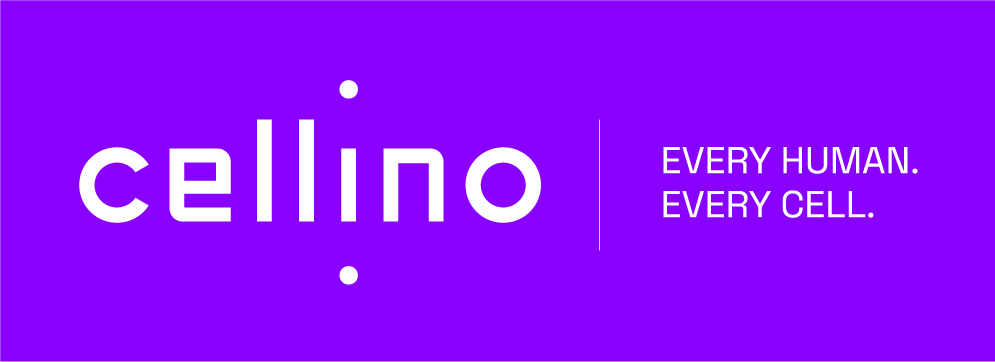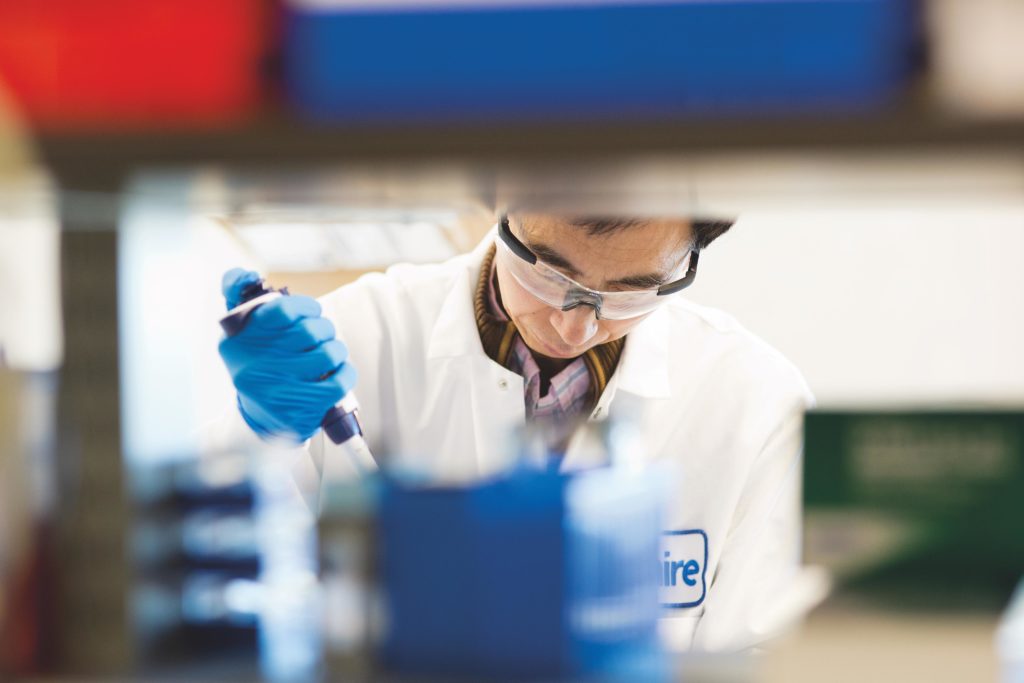
Cellino Biotech is mixing three disciplines: machine learning, laser physics and cell biology to create affordable treatments from your own cells. Imagine a future where you are diagnosed with a degenerative disease, such as Parksinson’s or Alzheimer’s, and within days an effective treatment, made from your own cells, is ready to be administered. That’s the dream of founders Nabiha Saklayen, PhD, Marinna Madrid, PhD and Matthias Wagner whose startup, Cellino Biotech, just won Techcrunch’s Startup Battlefield award at the Disrupt 2021 event.
What’s disruptive about Cellino’s technology is not that they are creating new therapies; it’s that they are inventing new methods to produce cell therapies at scale. Mass production offers the potential of low costs and high levels of quality control. If things go well, therapies made using Cellino’s tech could be available at clinics within this decade. But Cellino might help in another way.
In 2006, a Japanese scientist, Shinya Yamanaka, discovered that adult cells could be reprogrammed to become pluripotent, i.e. capable of turning into any other type of body cell. This opened up the possibility of regenerating cells in the body that have been destroyed by disease or aging. What’s particularly exciting is that this could be done using a patient’s own cells and thus avoid most of the problems of rejection by the patient’s immune system.
In 2014, another japanese scientist administered the first treatment using a patient’s own cells which were reprogrammed to become pluripotent (induced pluripotent stem cells or iPSCs). The progress of age-related macular degeneration in that patient seems to have been arrested. However, studies of treatment of other diseases using patient-derived reprogrammed stem cells have shown promise but are not yet conclusive. Much remains to be discovered in this area and the process of creating experimental stem cell therapies remains slow and expensive.
Cellino, founded in 2017, will have a big role to play in speeding up the cycles of discovery for stem cell treatments long before its tech is used for mass production. My hunch is that Cellino’s approach of using machine learning and lasers to sort out high-quality stem cells in production will greatly speed up research.
As an early-stage investor in biotech, I am excited by Cellino’s progress because it is building infrastructure that will accelerate other developments and lower the barriers for new discoveries. It will lead to many interesting startups applying Cellino’s tech in narrow but valuable use cases. If you have a moment, watch to this interview with co-founder Nabiha Saklayen and you will also be contaminated with this excitement: https://youtu.be/PKfnOoHgoTQ
Topics: induced pluripotent stem cells (iPSCs), lasers, machine learning, ml, ai, cell therapy, regenerative therapy, Parkinson’s, Alzheimer’s, personalized medicine

